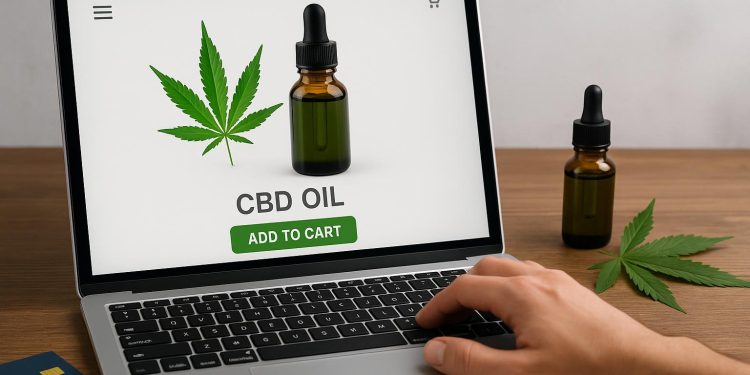Buying CBD on the internet isn’t just a wellness decision. It’s a security decision. Payment pages, third-party trackers, fake shops and porous data practices can turn a simple purchase into a privacy problem. This guide walks you through practical checks that fit how people really shop. Keep it simple. Keep it safe.
Know the rules and the risks
CBD now spans oils, capsules, gummies, vapes, drinks and “aromatherapy” buds that smell like crushed pine and citrus. Sellers use many labels. Some are accurate, some aren’t. Terms like CBD flowers appear in ads and on marketplaces, but product categories can sit in legally complex territory and attract sporadic enforcement. Your aim is straightforward: choose products that disclose ingredients clearly, list a batch number, and provide a recent third-party lab report you can actually read. Start with the label. Then verify.
Search habits shape what you see first. Type something like popular CBD in the UK and you’ll get a swirl of ads, listicles and retailers with similar names and logos. Some are legitimate. Others mimic known shops and push steep discounts or “express” buds with vague lab results. Treat big claims with small doses of trust. Pause before you pay. Two minutes of checking can save you money and stress.
Spot safe sellers and products
Begin with basic identity checks. Look for a physical address, a company number you can verify on public registers, a working phone line, and a human-sounding returns policy. Thin “About” pages and disposable email addresses are red flags. So are product pages that dodge specifics about cannabinoids, serving size, or potential interactions.
Next, assess the label quality and testing detail. A safer product page shows a batch code (for example, “L2409-06”), a dated lab certificate covering cannabinoids and contaminants, and plain-English dosing guidance. If a brand suggests multiple high-dose servings per day without caveats, be cautious. The UK regulator currently advises a provisional acceptable daily intake of 10 mg CBD for healthy adults; buyers should also look for age and pregnancy warnings on pack. That’s not marketing. That’s safety. For official context, the UK FSA CBD advice explains what responsible labelling and daily intake look like today.
Transactional hygiene matters too. Reputable sites show VAT details at checkout, collect only necessary personal data, and don’t force you into creating an account for a one-off order. If a retailer asks for a scan of your ID to buy a soft drink-strength CBD beverage, that’s unusual. If the privacy policy reads like a template with the wrong company name, walk away. Trust your instincts. Then verify them.
Protect your data at checkout
Before you pay, check the address bar. The domain should match the brand you intended to visit, with the padlock icon and a certificate that resolves to that same domain when clicked. Typosquatting tricks shoppers by swapping a single character, especially on mobile. Use a credit card over bank transfer for stronger chargeback protection. Prefer payment flows that support 3-D Secure challenges. They add a helpful speed bump.
Harden your own setup as well. Update your phone or laptop, use a password manager, and turn on two-step verification for your email and banking. Avoid open Wi-Fi for purchases. If you must use it, fire up a trusted VPN and check out quickly. The UK’s national authority offers actionable steps for safe e-commerce; the NCSC online shopping tips cover strong passwords, 2-step verification, and spotting fake retailers.
Finally, consider the data trail. If a shop sprays you with tracking pop-ups and mystery consent toggles, it’s not privacy-minded. Minimal trackers and clear cookie settings are a good sign that someone cares about your data. Less is more. Always.
A quick risk scan you can do in 90 seconds
Open the product page. Does the product type match the photos and copy, or is it muddy on purpose? Smell-words like “earthy” and “citrus” are fine, but they shouldn’t replace facts. Scroll to find the lab report link and batch code. If the certificate download is broken or obviously reused across products, assume the worst.
Next, skim the return and complaint sections. Real businesses explain timelines, addresses and conditions in complete sentences. Scam shops bury them in jargon or hide them completely. Then tap the padlock, confirm the certificate, and look for a normal-looking payment gateway you recognise. If everything checks out, proceed. If anything feels off, close the tab. It’s your money.
Conclusion
The UK CBD market is maturing fast, and so are the scams and shortcuts around it. Treat CBD purchases like any other sensitive online transaction: verify the seller, read the label, confirm the lab report, and lock down your device and accounts. Small, repeatable checks protect your wallet and your privacy. Good security is a habit. Keep it.













